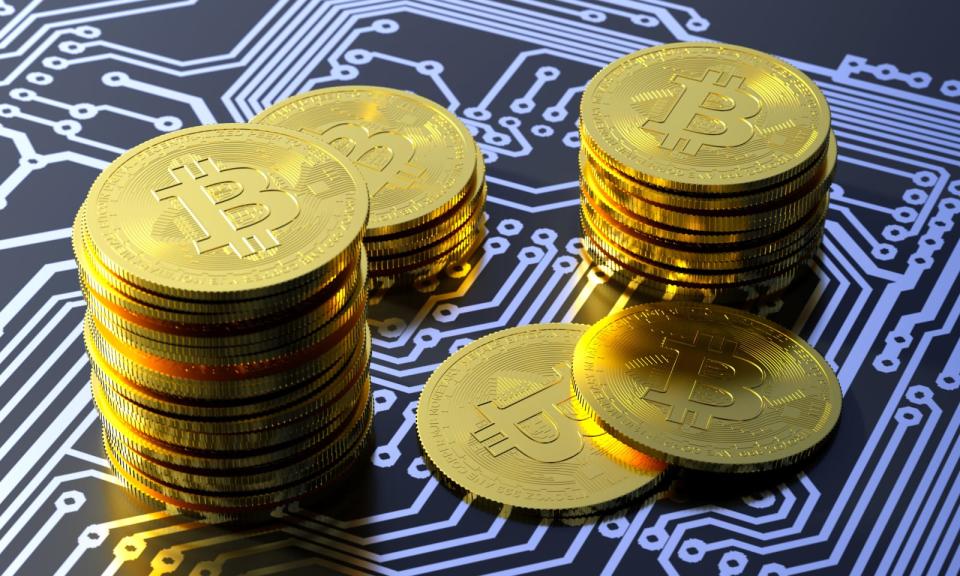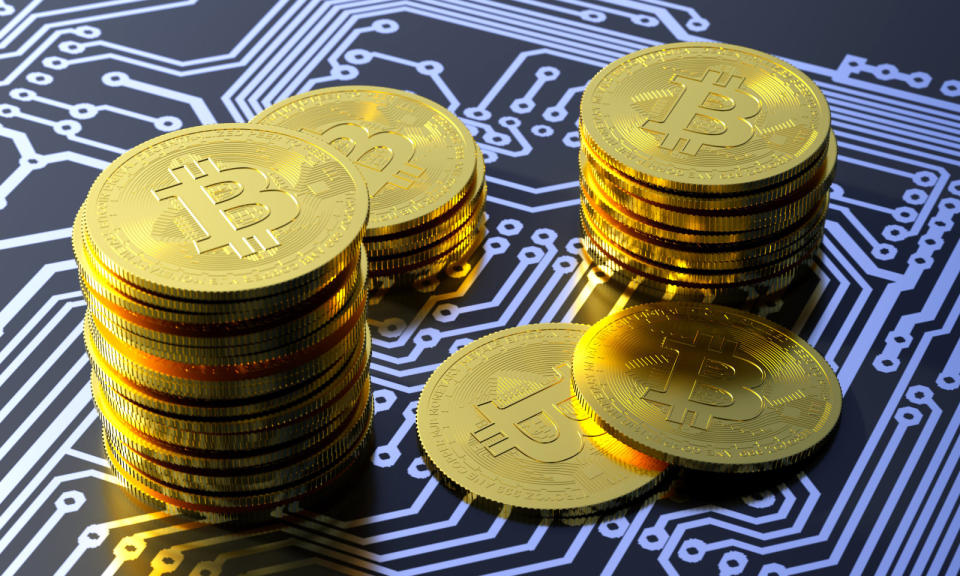SEC issues stern warning for potential cryptocurrency investors
If exchanges won't register with the agency, here's how to protect yourself.
The SEC has been zeroing in on cryptocurrency since the beginning of the year. The agency announced it would scrutinize companies generating hype by pivoting to crypto before delving deeper into initial coin offerings with subpeonas. But today the agency turned its attention to people buying cryptocurrencies, warning consumers against trusting so-called 'exchanges' that state or imply that they're protected by federal law. Spoiler: They aren't, because the cryptocurrency world remains an unregulated mess.
It comes down to semantic wording. Whether or not these online trading platforms consider the 'digital asset' cryptocoins they're trafficking to be 'securities' under federal law, the SEC likely does. That means they satisfy the agency's definition of 'national security exchanges' and should register with the SEC. If they don't, they remain outside of government scrutiny and regulation, meaning the agency can't protect individuals from any manipulative or fraudulent practices.
"Many platforms refer to themselves as "exchanges," which can give the misimpression to investors that they are regulated or meet the regulatory standards of a national securities exchange. Although some of these platforms claim to use strict standards to pick only high-quality digital assets to trade, the SEC does not review these standards or the digital assets that the platforms select, and the so-called standards should not be equated to the listing standards of national securities exchanges," the SEC stated in a post.
If consumers continue using an unregistered 'exchange,' all the SEC can do is offer an extensive list of questions individuals should ask to protect themselves. These include discovering how the platform selects digital assets for trading, who can trade on it, how its prices are set and whether the platform is treating users equally. The SEC also urges users to evaluate the trading platform's security for data and assets, which is important in the wake of several successful incidents this year of hackers robbing exchanges and initial coin offerings.


